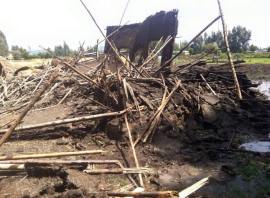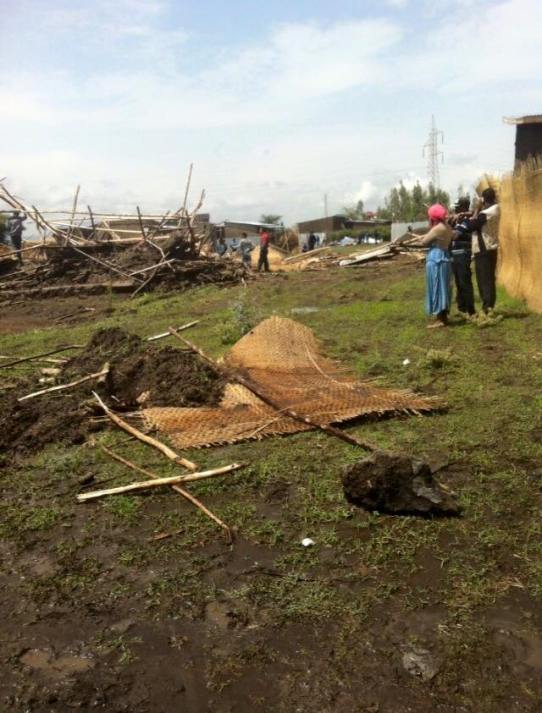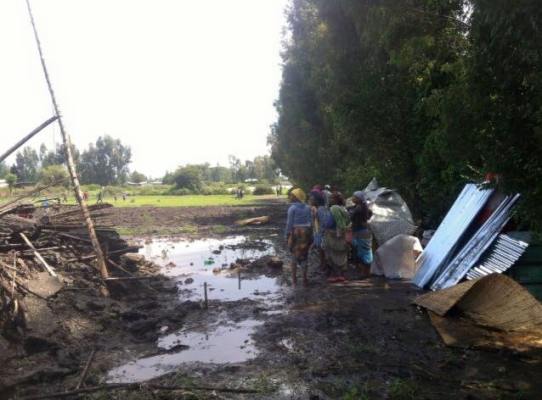Press-Release, Declaration and photos from the Founding Congress of Peoples’ Alliance for Freedom and Democracy (PAFD), a coalition of five national liberation struggles in Ethiopia: the Benishangul People’s Liberation Movement (BPLM), the Gambela People’s Liberation Movement (GPLM), the Ogaden National Liberation Front (ONLF), the Oromo Liberation Front (OLF) and Sidama National Liberation Front (SNLF) – in Oslo on October 23, 2015
Press Release: The Founding of Peoples’ Alliance for Freedom and Democracy (PAFD)
Delegates of Benishangul People’s Liberation Movement (BPLM), Gambella People’s Liberation Movement (GPLM), Ogaden National Liberation Front (ONLF), Oromo Liberation Front (OLF) and Sidama National Liberation Front (SNLF) met in Oslo, Norway from 22 October to 23 October 2015 to lay the foundation of political alliance between the peoples in Ethiopia and have formed the Peoples Alliance for Freedom and Democracy (PAFD).
The PAFD will create an opportunity for all peoples in Ethiopia to co-create a transitional political order that is based on the consent of all peoples, where the outmoded hegemonic culture of a single group dominating the rest is dismantled and a new just political order is established, where the respect of the right to self-determination is genuinely granted to all.
PAFD will conduct diplomatic, advocacy, information and other campaigns to change the current undemocratic political culture and oppressive system in Ethiopia.
PAFD will have a Governing Council (GC) composed of representatives of the political leadership of the founding organisations and members representing the civil societies of the respective communities.
The Governing Council will elect an Executive Committee (EC), a chairperson and two vice-chairpersons that rotate yearly among the organization members. The Executive Committee will be the standing committee and will have the bureaus of diplomacy, organization, finance, information and others.
PAFD call upon all peoples in Ethiopia to join the alliance and support it in order to end the suffering and dehumanization of all peoples in Ethiopia by the current government. PAFD call upon the regional and international communities, to play a positive role in diffusing this looming danger by supporting the peoples in Ethiopia rather than the illegitimate government before it is too late.
Finally, PAFD call upon the current government in Ethiopia to refrain from all acts of violence, respect human rights, obey the rule of law, and commit to peaceful and democratic resolution of political conflicts.

 innee
innee




